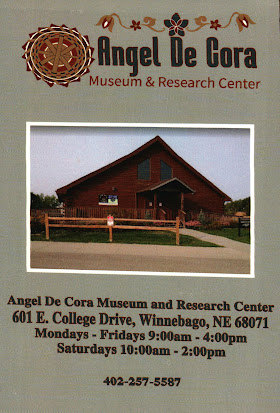Michael Gerson is a Washington heavyweight. Long ago, he was recruited by Karl Rove to be a speech-writer for George W. Bush. In that role, he was the workhorse for Bush's inaugural speech, in which the new President called for intervention and nation-building to spread democracy around the world, ideas pooh-poohed by many today, despised by more.
He once served as a ghost writer for Charles Colson, who fell precipitously when Colson's boss, Nixon, skipped town after Watergate, but then rose to prominence once again after a stint in prison to become a powerful voice for Christian cultural action.
Michael Gerson grew up in St. Louis, where he graduated from a Christian high school, then went to Georgetown but transferred and eventually graduated from Wheaton in 1984. Today, he is an op-ed columnist for the Washington Post. In my estimation, his politics are neither conservative nor liberal, but Christian, although most in evangelical-dumb today would consider him a lousy RINO.
Gerson's writing is always worth your time, but last week he published a lengthy essay that essentially forwarded Jesus of Galilee as a national role model. "The United States sometimes feels like two nations, divided by adornments defiantly affirming their political and cultural affinities." Just how might we be brought back together? Gerson suggests Jesus.
He doesn't wince when answering today's 64-thousand dollar question. He despises Donald Trump and is, by standard Trumpster definitions, a weak-kneed victim of Trump Derangement Syndrome. His op-ed pieces often rail against the man, in large part because he is flummoxed by the adoration given the ex-President by mobs of people who, impossibly, claim allegiance to Christ. Hence, the title of the essay I so greatly admire:
Trump should fill Christians with rage.
How come he doesn’t?
What that title makes clear is that he's not looking to convert Trump's evangelicals; none of them would read something so pathetically apostate. His perceived audience is non-Trumpsters, most of whom are not Matt Gaetz types, but who believe, as does Michael Gerson, that democracy is under siege by Trump's special brand of nihilism. His op-ed looks to shape the ideas of free-thinking people, not cultists.It will take twenty minutes to get through, but anyone who claims the cross really should read it because what it argues--to an audience that isn't evangelical--is the authority of the witness of Jesus Christ as an example of how we as a nation might plot out our own future directions.
Those who think of America as Godless (upper case G) may be shocked to read what could almost be read as a tract. But the power of the piece is in its insistence on seeing Jesus as a crusader for love, for tolerance, for selflessness. There's no talk of salvation or heaven or some dreamy afterlife.
From my point of view, it's a major piece of political writing (political in the best sense of that word). That it appears at all in one of the nation's most respected newspapers is rare. But it's not written for Christians or evangelicals; the piece is written for a nation on the brink of self-destruction, as many claim we are.
You can find it here. It's an amazingly powerful piece of work, for which, this morning I want to give thanks.






















.jpg)













